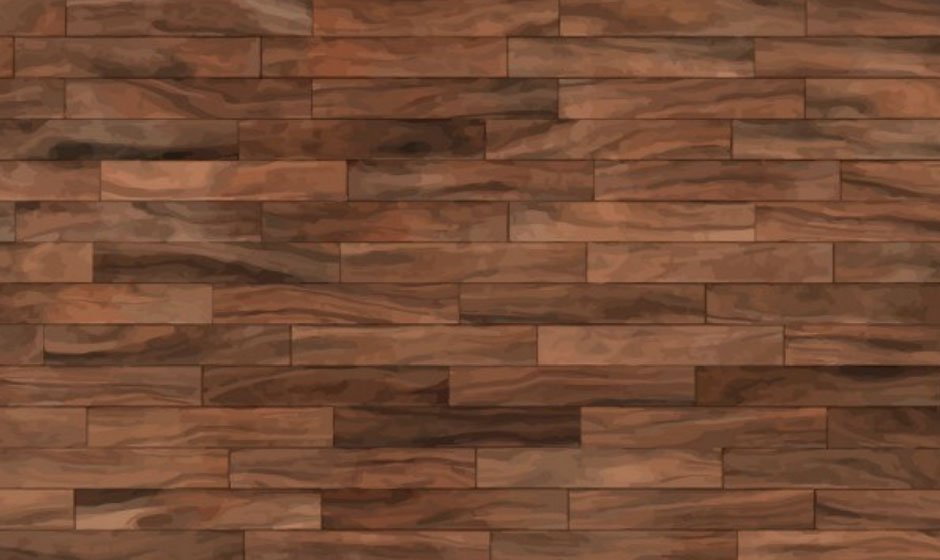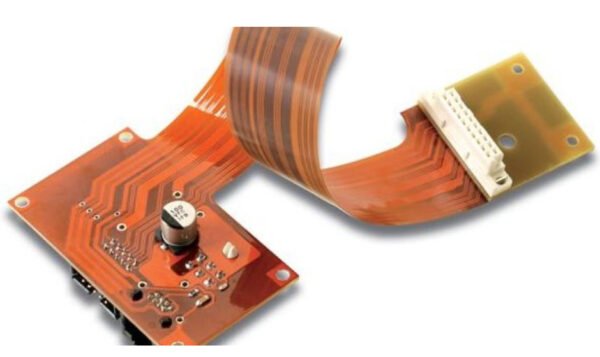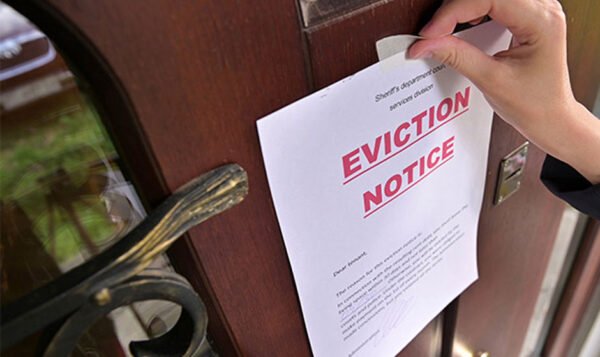Deciding Between Hardwood and Laminate Flooring?

The decision between hardwood and laminate flooring significantly affects your home’s value and style.
Hardwood offers a classic, long-lasting beauty that can boost your property’s market value, but it requires a greater financial and maintenance commitment.
Laminate provides a practical, budget-friendly alternative with a wide range of designs, though it may not enhance your home’s resale value as much as hardwood.
This guide focuses on essential aspects like cost, installation, upkeep, and their impact on your home’s value, equipping you with the knowledge to make an informed choice.
Understanding Hardwood Flooring
Hardwood flooring, revered for its natural beauty and longevity, is a classic choice in homes around the world. Made from harvested trees, such as oak, maple, or cherry, these floors offer a variety of grain patterns, textures, and colors. The uniqueness of each plank promises a distinct and elegant look for any room.
The durability of hardwood flooring is one of its most significant advantages. With proper care, these floors can last for decades, often becoming more appealing as they age. Moreover, they are known for their ability to withstand high foot traffic, making them ideal for busy households. The maintenance, though regular, is straightforward — sweeping and occasional mopping can keep the floors looking new.
However, hardwood floors come with a higher price tag, both in terms of material and installation. They are also susceptible to moisture and may warp in humid conditions, making them less suitable for areas like bathrooms or basements.
Understanding Laminate Flooring
Laminate flooring, a popular alternative to hardwood, is known for its versatility and cost-effectiveness. Composed of several layers, including a photographic layer that imitates the look of wood, laminate can mimic the appearance of various hardwood types without the higher cost.
One of the main advantages of laminate flooring is its resistance to scratches, stains, and fading, making it an excellent option for high-traffic areas and homes with pets or children. The maintenance is simple, requiring only regular sweeping and mopping, without the need for special treatments.
The installation of laminate flooring is also a significant selling point. Thanks to its click-and-lock design, laminate can be installed quickly and without the need for specialized tools or adhesives. This DIY-friendly aspect can reduce overall costs even further.
However, laminate flooring is not without its drawbacks. While it is durable, it does not have the same longevity as hardwood. Here’s why:
- Cannot be refinished
- Can feel harder underfoot and
- May not add the same value to a property
Despite these considerations, laminate flooring remains a popular choice for those seeking a balance between aesthetics, durability, and affordability.
Comparison: Hardwood vs. Laminate
When deciding between hardwood and laminate flooring, understanding the key differences is crucial. Here’s a comparison based on various factors:
- Cost:Hardwood is generally more expensive, both in terms of material and installation costs. Laminate offers a more budget-friendly alternative with a similar aesthetic.
- Installation: Hardwood installation requires professional skills, as the planks need to be nailed or glued down. Laminate flooring, on the other hand, features an installation system that is more DIY-friendly and less labor-intensive.
- Maintenance and Durability:Hardwood floors require regular maintenance and can be prone to scratches and water damage. However, they can be sanded and refinished multiple times to renew their appearance. Laminate floors are more resistant to scratches and stains but cannot be refinished. If damaged, the planks need to be replaced.
- Aesthetic and Feel: Hardwood offers a natural and warm aestheticthat can enhance the value of a property. Each plank is unique, adding character to the floor. Laminate, while visually appealing, does not have the same natural feel and depth as hardwood.
- Longevity: With proper care, hardwood floors can last for decades, often outliving the homeowners. Laminate floors typically have a shorter lifespan and may need replacement after 15-25 years.
- Environmental Impact: Hardwood floors are natural and sustainable, especially if sourced from certified forests. Laminate, being a composite material, has a larger environmental footprint.
Each flooring type has its advantages and suits different lifestyles and budgets. Homeowners should consider factors like long-term costs, maintenance, and the desired look and feel of their home before making a decision.
Factors to Consider When Making Your Choice
Choosing between hardwood and laminate flooring involves several key factors beyond just cost and appearance. Here are some important considerations:
- Climate and Location: Hardwood floors can be sensitive to changes in humidity and temperature, making them less suitable for very humid or moist environments. Laminate flooring, with its resistance to warping, can be a better option in such climates.
- Foot Traffic and Usage: High-traffic areas in homes, especially those with pets or children, might be better suited for laminate flooring due to its durability and resistance to scratches.
- Budget Constraints:For those with a limited budget, laminate flooring can provide a cost-effective solution without compromising too much on the aesthetic appeal.
- Personal Style and Home Decor: Hardwood floors offer a classic, timeless look and can be a significant factor in interior design choices. Laminate flooring, while versatile, may not match the feel or quality of natural wood.
- Long-Term Value and Resale Considerations: Homes with hardwood floors often have a higher resale value compared to those with laminate flooring. Consider your long-term plans and how your flooring choice might impact future resale opportunities.
Balancing these factors with personal preferences and lifestyle needs will guide homeowners to make a choice that not only enhances the beauty of their home but also aligns with practical considerations.
Impact on Property Value
The type of flooring you choose can significantly impact the resale value of your property. Hardwood floors are often a desirable feature for homebuyers. They can increase the market value of a home and are frequently a deciding factor for potential buyers. The durability and longevity of hardwood also mean that it remains appealing over the years, potentially increasing its value as an investment.
Laminate flooring, while attractive and functional, typically does not add the same level of value to a property. Although it can enhance the look and feel of a home, its impact on resale value is generally less significant than hardwood. For homeowners considering future sale prospects, investing in hardwood flooring might be a wise decision, despite the higher initial cost.
Final Thoughts on Choosing Between Hardwood and Laminate
In conclusion, while hardwood brings natural beauty and adds value to your property, laminate offers a cost-effective and durable alternative with a wide range of styles.
Carefully consider your specific needs and preferences to make a choice that best suits your home and enhances your living experience for years to come.



